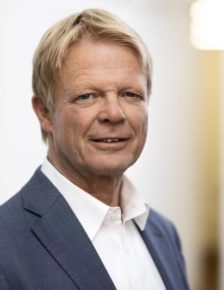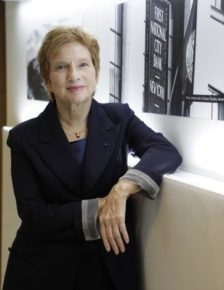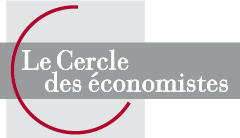Social dialogue or the clash of ideologies
Overview
Democracy is to the political organization what the market is to the economy: a space of contestability capable of increasing collective well-being by maintaining an evolving social consensus, avoiding acquired positions and penalizing abuses of power. As with the market in the economy, information plays a decisive role here: its concealment, falsification, capture and manipulation lead (and have led in the past) to particularly harmful abuses. However, it seems that recent developments have reinforced these problems, as if the principle of “contestability” no longer extends only to ideas, the interpretation of facts and reasoned arguments, but increasingly to the facts themselves, a drift reinforced by the free expression of opinions on social networks. What is the place, in the explanation of this diagnosis, of recent economic developments and existential anxieties about pandemics, global warming, environmental crises and the challenges of technical progress?
The purpose of this round table is to debate on how to preserve and organize social dialogue today: how to institutionalize respect for facts, the quality of reasoned argumentation, critical thinking, clarity of ideological choices and biases of all kinds. This debate is in fact a debate on the future of democracy and capitalism, and on the social role of scientific expertise, at a crucial moment in the evolution of our societies. How can informed and reasoned collective decisions be taken today, on all major issues and if possible before the pressure of disasters, and implemented?
Speakers





Coordinator

Moderator













